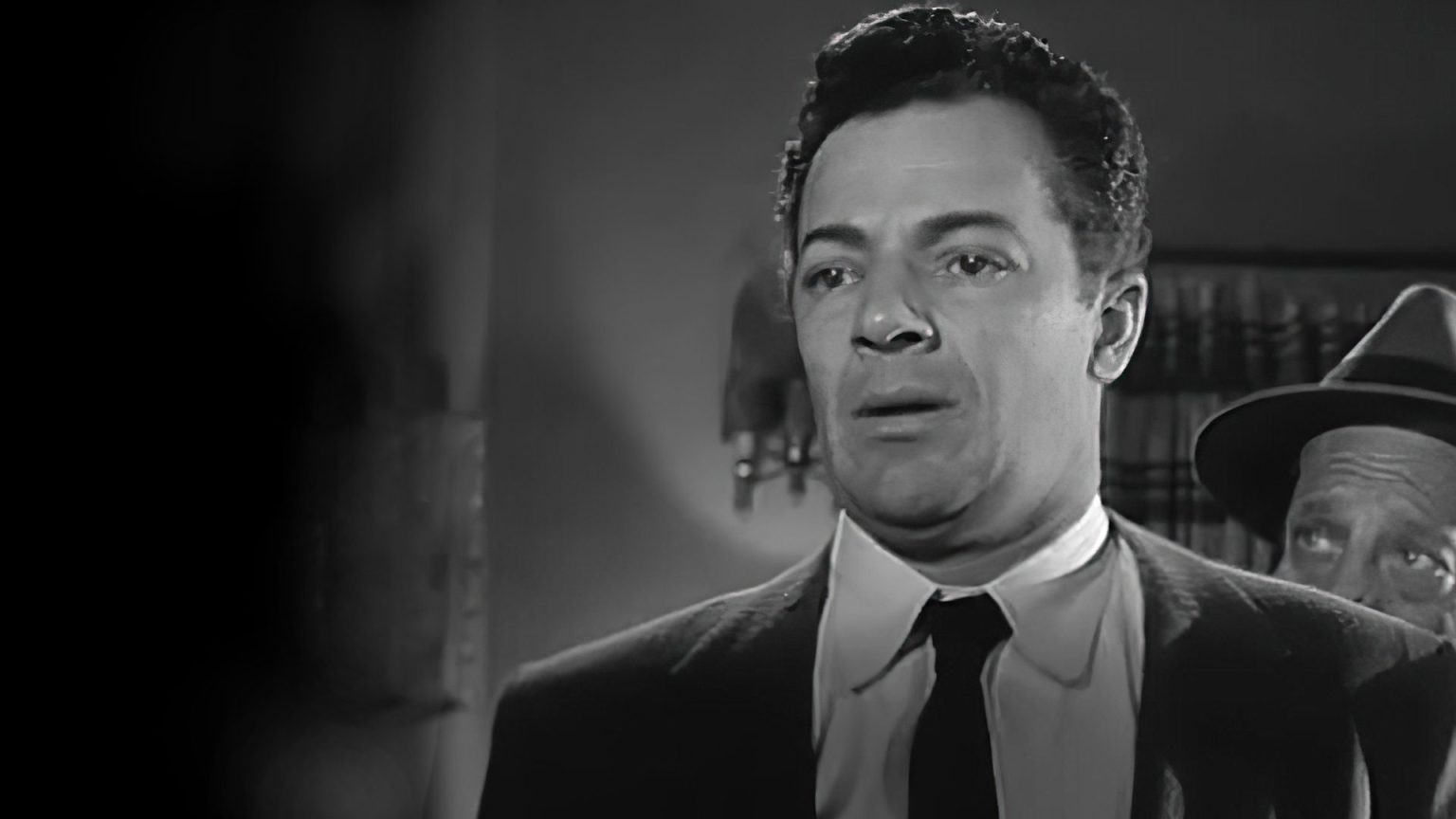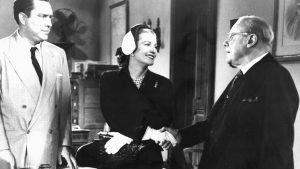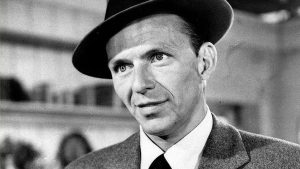Often described as one of the great staples of cinematic excellence, “Film Noir” is the timeless style of filmmaking best characterized by thematic elements of contemptuous protagonists, stark lighting effects, criminal centric plot, and underlying empirical philosophy that if well executed, will be sure to encapsulate the viewer. With a rich history expanding from the early 1920s up until the late 1950s, film noir delivered a plethora of classics that forever changed cinema. This weekend, in celebration of one of the most magnificent eras of film, Fandor will be showcasing three of these must-see film noir gems from the 1950s that best highlight this fantastic period in cinematic history.
The Big Combo (1954). Delving off the success of multiple entries into the film noir movement including classics such as The Undercover Man (1949) and Gun Crazy (1950), Joseph H. Lewis’s The Big Combo is a hard boiled picture often considered to be one of his finest works, as well as one of the greatest noir films to stem from the 1950s. Featuring a fantastic ensemble of actors including the likes of Cornel Wilde, Richard Conte, Jean Wallace, Brian Donlevy, and Helen Walker in her final theatrical appearance, this film surely delivers on memorable performances that will stick to the viewer for years to come.
With the lurid plot of the film being centered around Lt. Leonard Diamond’s (Cornel Wilde) foray into taking down the criminal underworld that is helmed by feared Mafia boss Mr. Brown (Richard Conte) and his strongarm boys (Brian Donlevy, Lee Van Cleef, Earl Holliman) this film features fantastic thematic elements including the perception of obsession, cruelty, and questionable redemption. But for me, what is even more striking is Joseph H. Lewis’s stark use of background, lighting, and every bold technical move that he could think of to execute the dark and grimy atmosphere of this picture. All in all, The Big Combo serves as easily one of the most underrated films that noir has to offer, as well as a perfect means to delve into more of Joseph H. Lewis’s timeless filmography.
The Bigamist (1953). Helming from the creative mind of legendary multi-star talent Ida Lupino, The Bigamist is a truly pivotal piece of American cinema as it is considered to be the first American feature film in which the female star of the film directed herself in the work. Pulling from aspects of Lupino’s own personal life, the plot centers around Harry Graham (Edmond O’Brien) being tangled between the marriages of Eve Graham (Joan Fontaine) and Phyllis Martin (Ida Lupino). With emphasis on the thematic elements of man’s temptation, the rejection of infertility, and the desire for achieving the nuclear family, the film has proved to be one truly ahead of its time by addressing the faults in the very human nature of man.
Although the film received rave reviews and critical praise upon release, the production had also faced several hurtles that had left the future of the work in turmoil. Originally intended to be produced by RKO Pictures, the production house withdrew from producing the picture forcing Ida Lupino and her fellow filmmakers to produce the film with their own funds. With the future of the film in jeopardy, the filmmakers miraculously managed to come up with enough funding to successfully release this groundbreaking picture. Given the hurtles that this film had to overcome, it is a true miracle that The Bigamist has survived the sands of time and continues to be an essential work stemming from the 1950s film noir period.
Suddenly (1954). Stemming from the 1950s film noir period, Suddenly serves as an eerie piece of cinema that perfectly encapsulates the fears of Post-War America. The plot is centered around the ruthless John Baron (Frank Sinatra) and his two fellow henchmen’s (Paul Frees and Christopher Dark) attempt to assassinate the President of the United States, all-the-while holding an American family hostage in their own home. Adapting on this narrative, scriptwriter Richard Sales also raises valid points by questioning the false sense of tranquility in the homeland, what it means to be a patriot, as well as reflecting on the real-life trauma’s that forever changed the lives of many veterans after serving in WWII. Remarkably ahead of its time, Suddenly is a true film noir masterpiece, as well as a film that serves as a very poignant reminder that American society might not be as safe and picturesque as its citizens would like to believe.






